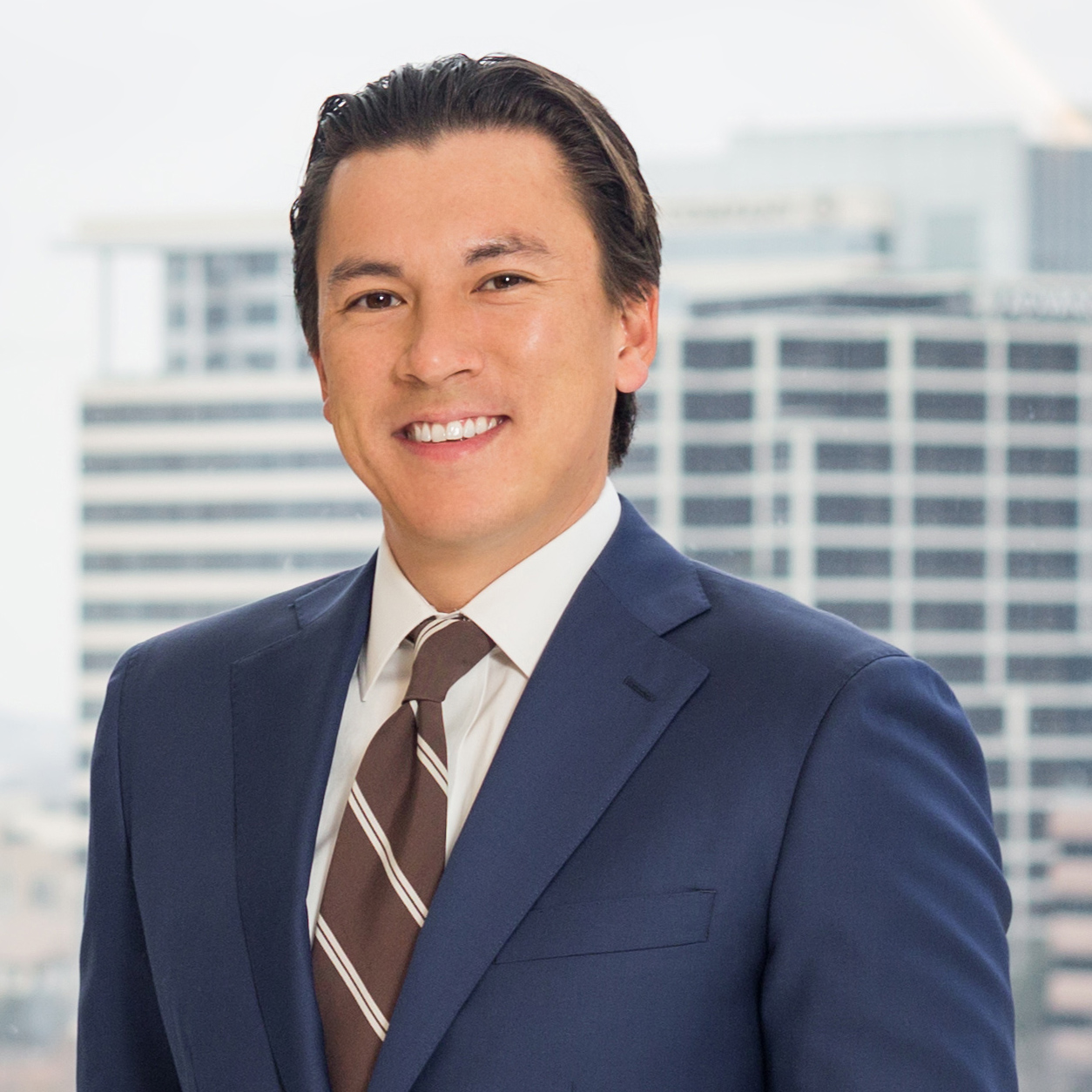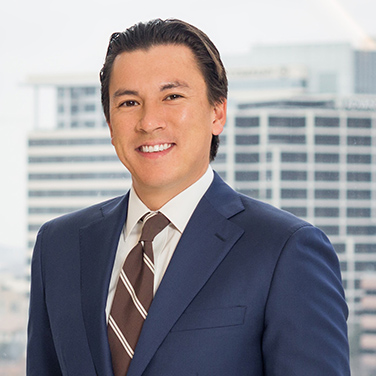By David Schlottman and Michael A. Drab
You may soon be required to pay your salaried employees more. On August 30, 2023, the Department of Labor (DOL) issued a new proposed regulation that would raise the minimum salary required to invoke the commonly used “white-collar” exemptions to overtime from $684 per week (or $35,568 annually) to $1,059 per week (or $55,068 annually). Additionally, the proposed regulation would raise the minimum annual salary required to claim the highly compensated employee exemption from $107,432 to $143,988.
According to DOL estimates, these revisions could impact nearly 3.5 million employees. Details are below.
The current exemption framework.
Section 13(a)(1) of the FLSA provides an overtime exemption for “any employee employed in a bona fide executive, administrative, or professional capacity.” 29 U.S.C. § 213(a)(1). Since 1940, the DOL regulations have generally required a three-part analysis to determine whether this exemption applies: (1) the employee must be paid on a salary basis; (2) the salary must exceed a minimum threshold; and (3) the employee’s primary job duty must be executive, administrative, or professional in nature (the “EAP Exemption”). These exemptions are commonly referred to as the “white-collar” exemptions. Applicable regulations also create an exemption for highly compensated employees—employees who earn an annual salary of at least $107,432 (currently), perform non-manual work, and perform at least one exempt duty of an executive, administrative, or professional employee (the “HCE Exemption”).
DOL’s proposed changes to the exemption framework.
On August 30, 2023, the DOL proposed a new rule that would increase the minimum salary threshold under the EAP Exemption and the HCE Exemption.
For the EAP Exemption, the DOL proposes to raise the salary threshold to $1,059 per week (or $55,068 annually). This is approximately $20,000 more than the current annual salary threshold. The proposed rule would also apply to U.S. territories, including Puerto Rico, Guam, the U.S. Virgin Islands, and the Commonwealth of the Northern Mariana Islands. The DOL estimates this proposed change could impact 3.4 million employees.
For the HCE Exemption, the DOL proposes to raise the annual salary threshold to $143,988. Again, this is a jump of approximately $36,000 from the current requirement. The DOL estimates this proposed change could impact approximately 250,000 employees.
Most significantly, though, the DOL’s proposal includes a mechanism to automatically update the standard salary level and the HCE total annual compensation threshold every three years. Under this proposal, the DOL would update the EAP Exemption salary level by adjusting it to remain at the 35th percentile of the weekly earnings of full-time non-hourly workers in the lowest-wage Census Region. It would update the HCE Exemption salary level to the annualized weekly earnings of the 85th percentile of full-time non-hourly workers nationally.
How employers can prepare.
So, what needs to be done now? Perhaps not much (at least for the moment). The DOL’s proposed regulation is just that—a proposal. Following formal publication of the proposed regulation in the Federal Register, interested parties may participate in the rulemaking process by submitting comments to the DOL. The DOL will then consider those comments and publish a final rule, which may or may not be the same as the proposal above.
Following issuance of a final rule, litigation challenging the rule is likely. In 2016, the DOL proposed raising the salary threshold for the EAP Exemption to $913 per week ($47,476 annualized). However, that rule was struck down by a federal court in Sherman, Texas. Interestingly, the court’s decision in that case essentially concluded that the DOL’s 2016 regulation contravened the FLSA (and was therefore invalid) because it raised the salary threshold too high. According to the court, Congress intended the EAP Exemption to depend on an employee’s duties rather than an employee’s salary, and raising the salary threshold to the degree proposed by the 2016 regulation would unduly and improperly tie exempt status to salary rather than duties. The DOL’s latest proposed regulation would raise the salary threshold even higher than was proposed in 2016, so it will be interesting to see how courts might assess this latest proposed rule.
Despite the uncertainty, it may be time to review the salaries of your current exempt employee population and begin to consider what the world will look like if an annual salary of $55,068 is required to invoke the white-collar exemptions to overtime.
The opinions expressed are those of the authors and do not necessarily reflect the views of the firm, its clients, or any of its or their respective affiliates. This article is for informational purposes only and does not constitute legal advice. For more information on the proposed overtime eligibility regulations issued by the Department of Labor, please contact David Schlottman, Michael A. Drab, or a member of the Labor and Employment practice.

Meet David
David Schlottman handles complex cases involving employees, the workplace, and related business disputes. He has wide-ranging experience related to wage-and-hour issues, employee competition, theft of trade secrets, contract claims, compensation disputes, employment discrimination and retaliation, and union-related disputes. David serves on the leadership councils for both the State Bar of Texas Labor and Employment Law Section and the Labor & Employment Law Section of the Dallas Bar Association. He has been recognized as a Best Lawyer by The Best Lawyers in America, an up-and-coming attorney in Texas by Chambers USA: America’s Leading Lawyers for Business, a “Texas Rising Star” by Super Lawyers, and among Lawdragon‘s list of the 500 Leading U.S. Corporate Employment Lawyers.
 Meet Michael
Meet Michael
Michael A. Drab specializes in departing employee disputes, with an emphasis on the protection of trade secrets and confidential business information. Whether it’s developing and implementing effective strategies to guard trade secrets or defending against allegations of misappropriation, Michael creates tailor-made solutions to the unique and fluctuating challenges faced by his clients. Michael also handles compensation disputes ranging from executive officers claiming equity ownership interests to collective-action wage and hour litigation arising under the Fair Labor Standards Act and equivalent state laws.
 Meet Michael
Meet Michael